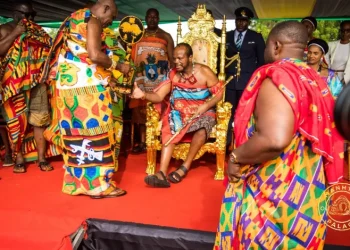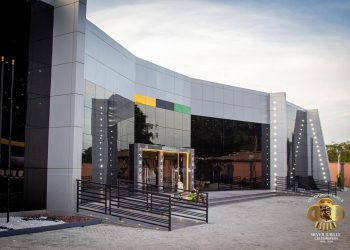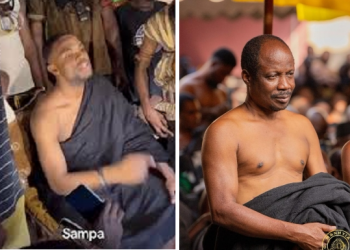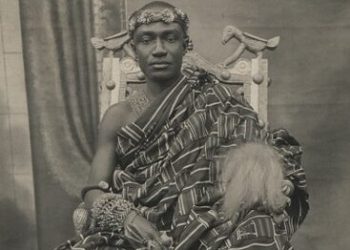In a wave of ongoing discussions on the restitution of African artefacts looted during the colonial era, significant strides have been made as repatriations gain momentum across the continent.
Notably, in the Republic of Benin, 26 royal artifacts plundered by the French colonial army in 1892 have returned to the Dahomey Kingdom, while Ethiopia celebrates the largest act of restitution in its history, with 13 treasures reclaimed from the British after the 1868 Battle of Maqdala.
In Ghana, the Asantehene is advocating for the return of Asante gold regalia from British museums, with expectations of a positive outcome in 2024, coinciding with the silver jubilee coronation of the 16th Asante monarch.
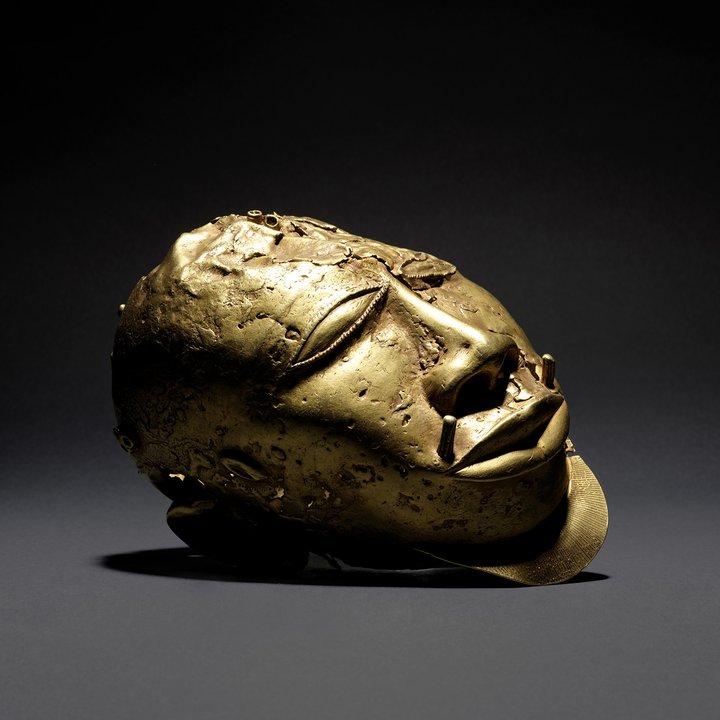
The Manhyia Palace Museum is being prepared to receive these artifacts, promising to bolster tourism in the region, Graphic.gh.com reports.
The restitution efforts align with two significant events in 2024 – the commemoration of 150 years since the third Anglo-Asante war of 1874 and the centenary of the return of the 13th Asantehene, Prempeh I, from 28 years of exile in the Seychelles archipelago.
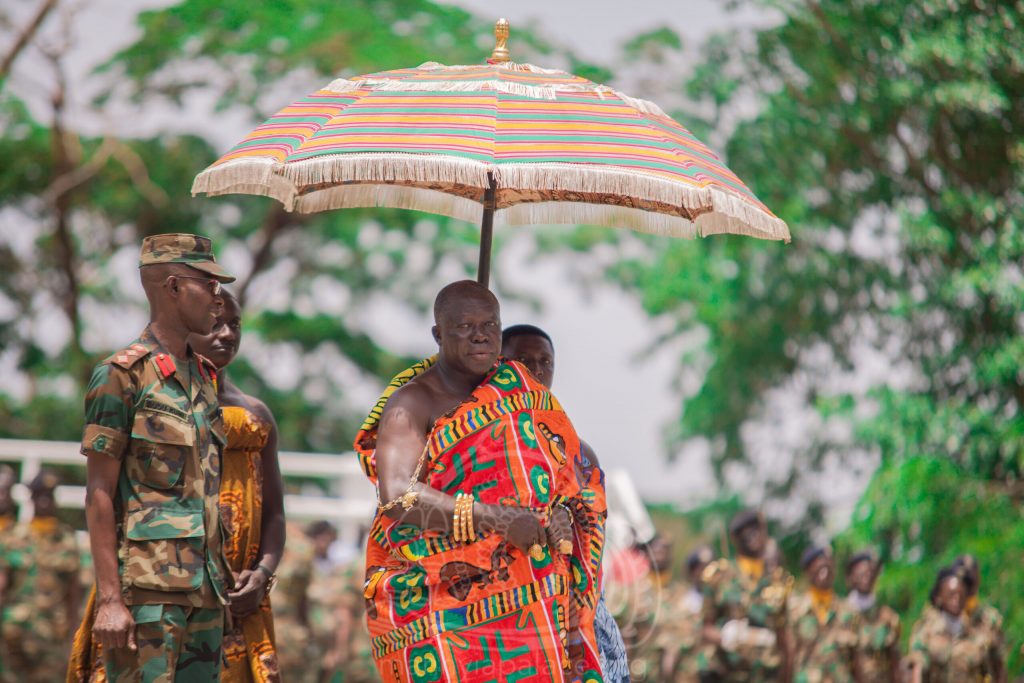
In a meeting with the Director of the British Museum during his visit to London in May 2023, Otumfuo Osei Tutu II expressed his desire for restitution, receiving assurances that the British Museum would consider his request within the framework of established laws.
The Asantehene’s team, including historian Ivor Agyeman-Duah and former Keeper of Ethnography at the British Museum, Prof. Malcolm McLeod, has since engaged in discussions with museum officials, signalling progress.
Professor Kwame Osei Kwarteng, Provost of the College of Humanities and Legal Studies at the University of Cape Coast emphasized the significance of the return of Asante artefacts.
“It was a common practice that any war that was waged, the victors took away war booties. The Asante treasures were war booties, which were added to the treasures of the British to indicate that they won a war against the Asantes,” he said.
Highlighting how important the items are to the history of Asante, he stated: “ It is very important, economically, socially, politically and academically. These treasure items will be kept in the Manhyia Palace Museum which will promote tourism. It will promote academic research, and above all it will showcase the rich culture of the Asante people.”
source: Ghana Web







































